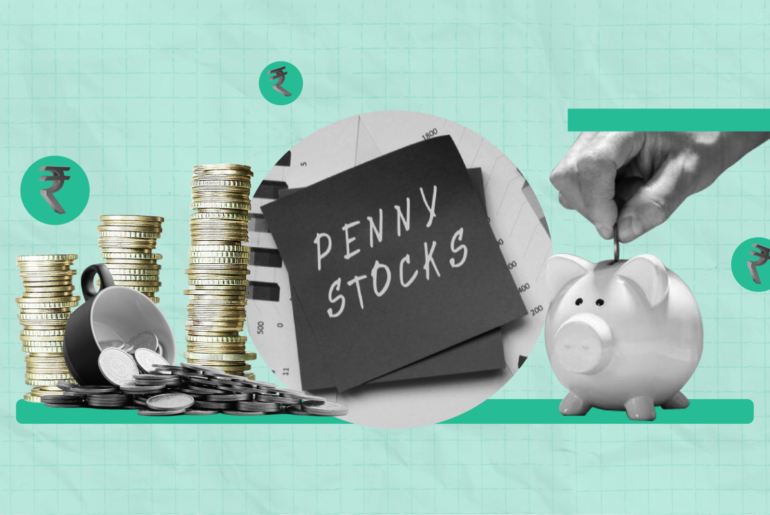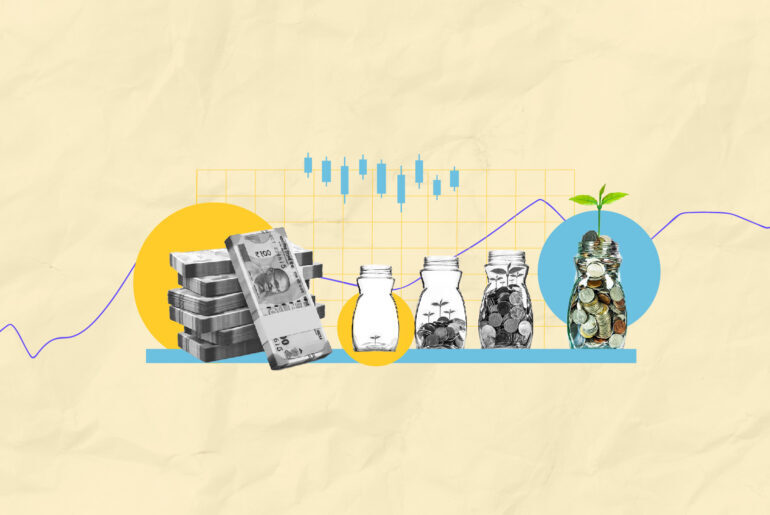Last Updated on Sep 9, 2021 by Aradhana Gotur
For the longest time, the concept of share buy back remained buried under the Companies Act, 1956. It was the amendments to Sections 68, 69, and 70 of this Act that redefined and systematically put out the share buyback meaning and process. But, what is buyback of shares?
In simple terms, buyback of shares meaning refers to the process by which a company buys back its own listed/unlisted shares from shareholders for any reason. Let’s find out more about it.
This article covers:
- What is share buyback?
- Reasons for buyback of shares
- Methods for buyback of shares
- Advantages/disadvantages of buyback of shares
- Tax information on buyback of shares
Table of Contents
What is share buyback?
Companies can sometimes decide to purchase their own shares from the open market, which they issued earlier, through a process called share buyback. When a company wants to buy back shares, it publicly announces its intention to do so through various channels.
SEBI mandates that existing shareholders be intimated of the intention within a given timeframe and that companies announce the price at which they’ll buy shares from shareholders, after which they may proceed with the offer.
This process is also known as stock buyback or repurchase of shares. Here, the offer price announced by the company is generally higher than the current market price of the share.
Once bought back, the shares are extinguished, reducing the company’s share capital or equity capital.
In India, a company can only buyback upto 25% of its paid-up equity capital, and can finance this share buyback using the company’s free reserves, securities premium account, proceeds of an issue of shares or other specified securities. After the share buyback, the company cannot issue the same kind of shares for a prescribed period.
In India, a company can only buy back up to 25% of its paid-up equity capital. Click To TweetSecurities and Exchange Board of India (SEBI) governs the process of buybacks as per the Companies Act and SEBI Regulations (Buy Back of Securities) 2018.
Reasons for buyback of shares
Just recently, several companies made news for their share buyback programs. This included the likes of Balrampur Chini, R Systems, ArcelorMittal, Chevron, and Shell Oil Company, to name a few. But, what are the reasons that companies buy back shares for?
Undervaluation of stock
When top executives of a company believe that their stock price is undervalued, they can decide to buy back shares. This is often viewed as a show of trust in the company’s prospects and that the company is poised for growth. There is market interest generated when management decides to buyback. Additionally, when the company buys back its shares, it decreases the number of shares available in the market, giving the remaining shares a boost.
Excess cash and insufficient investment opportunities
When a company has a high cash reserve and a lack of exciting investment opportunities, it may prefer to go for share buyback. This way, the company can reward its shareholders using the excess cash rather than letting it sit in a bank account.
Increase proportionate holding of promoters
Buying back shares also helps increase promoters’ stake in the company. This move strengthens their hold over the company and acts as a defence in case of hostile takeover attempts.
Fulfilling capital structure requirement
To fulfil their capital structure requirement, a company can buy back shares or repurchase equity from the market to achieve optimum capital structure.
Methods for buyback of shares
SEBI buyback regulations prescribe three methods of buyback of shares in India:
- Through tender offer: Here, a company buys back shares from existing shareholders at a fixed price on a proportionate basis within a given timeframe by issuing a letter of offer and tender form to all the eligible shareholders.
- Through open market: A company uses the stock exchange or the book-building process to buy back shares through the open market. Under the stock exchange method, a company only buys back shares present on the stock exchanges through nationwide trading terminals. Promoters aren’t allowed to participate in the open market offers through the stock exchange. All other shareholders can participate in this offer. Under the book-building process, the buyback is routed through bidding centres. A merchant banker handles the procedure, and the company determines the buyback price based on the response received.
- From odd-lot holders: Here, the company buys directly from the odd-lot shareholders by approaching them. An odd-lot shareholder is someone with fewer shares than the marketable lots specified by the stock exchange.
In India, in case of a tender offer for the buyback of shares, the proposal has to be first approved by the board, in a meeting following a public announcement.
Next, the company files a letter of offer with SEBI, after which interested shareholders tender their shares for the buyback. After being verified by the registrar, the tender form of the shareholders is either accepted or rejected for the buyback. If accepted, the shareholder receives the money. The shares remain intact if the tender document of the shareholder is denied. Finally, the securities purchased in the buyback by the company are extinguished.
Advantages and disadvantages of share buyback
The advantages of the buyback of shares are as follows:
- Boosts share price and correct the price of undervalued stocks
- Improves Earning Per Share, Return on Equity, Return on Asset, and so on
- Reduces capital without requiring approval from National Company Law Tribunal
- Optimizes the capital structure of a company
- Defence against hostile takeovers
- Exit route for shareholders at premium to market price
- Utilizes free cash
- A check for a company’s financial position (only companies with good liquidity are allowed to buy back shares)
The disadvantages are:
- Improvements in the financial ratios may not be real
- Can create a situation where a productive investment opportunity is overlooked in favour of the buyback when excess cash is available
Tax information about buyback of shares
For companies, buying back shares is a tax-effective way of rewarding the shareholders. During the process, the company pays a tax of 20% on the buyback amount. Additionally, the investors have to pay no capital gains tax on the money received through the buyback of shares.
Conclusion – Is the buyback of shares good or bad?
The buyback of shares is generally considered a good opportunity. It provides an easy exit route at a premium price. But, whether or not the buyback of shares is a good option for you or not depends on several factors.
Instead of getting lured by the company’s premium price, one should consider factors like the need for a buyback, the company’s growth prospects and future performance, and one’s own individual investment goals, holding capacity, and appetite for risk.
Once you’ve thought through all these options, only then you must decide whether you want to keep holding your shares or sell them to the company in the buyback.







